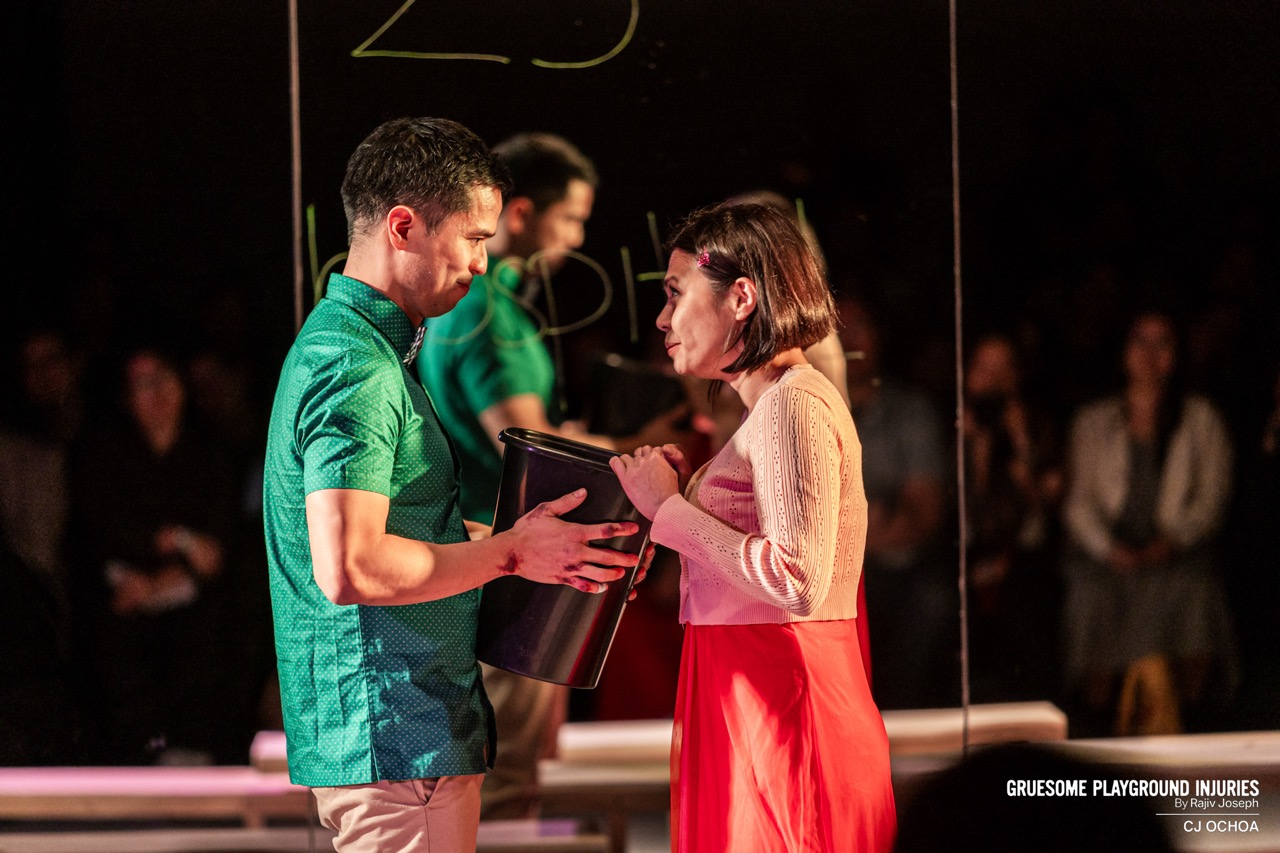To students whose experiences must have left an indelible mark on their psyche, let this piece be your safe space. At some point in your academic life, things must have started to take a turn for the worse. It may be because your grades weren’t improving, or you’re burning out from all the projects you have to submit soon. Maybe you tried to open up your issues to a teacher, but they didn’t listen. Or perhaps they listened, but they just told you to stop being a crybaby, and that the “real world” is harsher than what you’re currently experiencing. So now you’re keeping it all to yourself because you’re convinced no one would understand. You think you’re an isolated case.
But trust me, you’re not alone—and you’re definitely not an isolated case.
“I’ll make sure you won’t land a job after you graduate.”
You’d probably think this was a line from a cliché local afternoon series, something only a fictitious villain would say, but no. I’ve actually heard it from a person who was supposed to be my “second parent” in a space that was supposed to be my “second home”—all because I tried to call out the flaws in our curriculum. I even almost lost my Latin honor. They said they couldn’t promise if I’d still have a shot at it after what I did.
For the longest time, I thought I deserved those words because I was ungrateful—because I “embarrassed” the institution that financed my school fees. And up until now, I get nightmares of that exact moment. I still find it hard to leave a job, fearing that no other company would accept me. My self-esteem reached a new low, but I pretended like nothing was wrong. I buried the trauma so deeply because I thought I was just overreacting. Just like you, I thought I was an isolated case.
But again, students scarred by teachers and the flawed educational system are not an isolated case—not when these incidents happen regularly.
Educational trauma is real
A reminder of the realities of educational trauma was when Miss Trans Global 2020 and educator Mela Habijan recalled how she scolded a student. She posted on Instagram on Aug. 27: “Favorite ko pa rin ’yung nagpunit ako ng project habang lumilitanya, ‘Hindi ako basurahan! Hindi ako tumatanggap ng basura!’” (“My favorite [memory when I was still teaching] was when I ripped up a student’s project while saying, ‘I’m not a trash bin! I don’t accept trash!’”)
After receiving backlash (mainly on Twitter), Habijan released a statement explaining her side and said that the students who were traumatized by her past actions can reach out anytime.
There was also a public school teacher in Virginia who, last May, refused to call a student by their preferred pronouns, saying it was “against his religion.” “It’s lying to a child, it’s abuse to a child, and it’s sinning against our God,” the teacher said, perhaps not realizing the psychological harm that he could cause to a student struggling with their gender identity.
Now where am I going with this? For the record, please know that the point of all of these is not to antagonize educators. They have their own struggles, too. But after realizing that educational trauma is real and rampant, I just can’t find it in me to sit still and justify some teachers’ behavior. It makes me wonder how many more students were victims of power-tripping, but chose to suffer in silence out of fear of being gaslit.
Your voice matters
No matter how much you are told that this kind of treatment is normal, or that whatever you’re struggling with can help better the person you will become, keep this in mind: You’re valid, and so are your feelings about a situation. And it’s okay to make mistakes. You don’t deserve to be terrorized just because you submitted output that didn’t meet your professor’s standards. As the late Miriam Defensor-Santiago once said, “Academic terrorism has no ground in the academe. Walang tunay na guro ang nagagalit sa ignorante because it is their job to cure ignorance.”
Your voice matters. As long as you know your boundaries as a student, demanding for an improved quality education doesn’t make you ungrateful. Standing up for yourself is not disrespectful. Be a “crybaby” all you want. You have the right to be mad and frustrated with the system, especially if it has failed you countless times. You shouldn’t be afraid of what awaits you when you go against it. If anything, it should make you even more resolved to resist and reject what has been asked of you by the school system and the society which created it in the first place.
Lastly, don’t let this change your perspective on teachers. While there are some who will treat you with indifference and apathy, there are also good ones who will guide you throughout your journey. These same people can help you heal over time and make everything a little more bearable.
And to educators, we know that there are deep-rooted flaws in the system that are beyond our control or that will need radical restructuring. But if a problem can be solved by simply being considerate, respectful, and understanding, then I don’t see why it’s still existing. Your students don’t want you to spoil them or be excessively kind to them, anyway. They only want to feel seen and be heard by you—for their concerns to be taken into account.












































